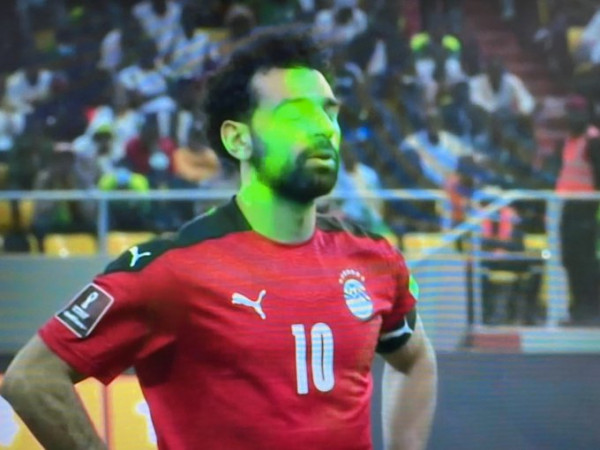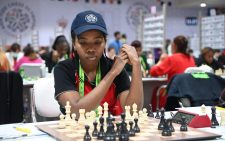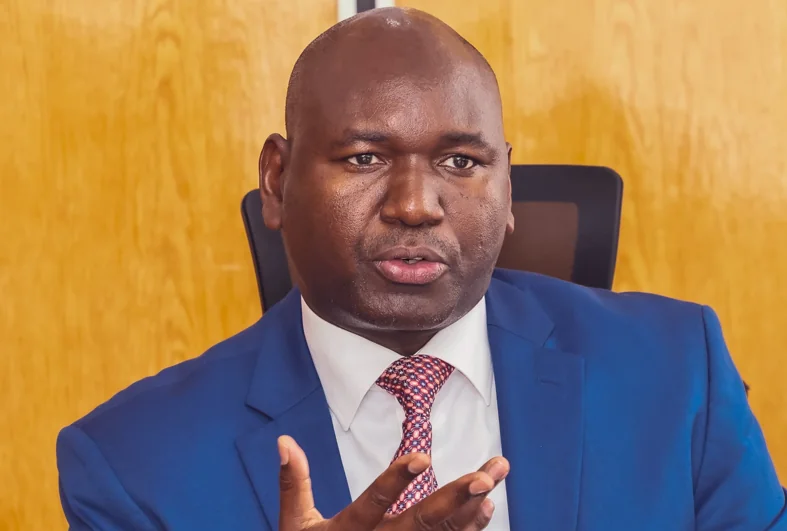Laser attack on Egyptian players: Everything you need to know

The Egyptian team suffered a painful loss yet again against African rivals Senegal. What became even more interesting was the flashy green lights that completely covered the Egyptian players as they took the penalties which was the final stretch of the match.
The green lights were actually lasers being used to supposedly distract the Egyptian players converting the penalties. Unfortunately the menacing attempt worked.
Mohamed Salah missed as lasers shone on his face sending the Senegalese crowd to a frenzy at the Stade Me Abdoulaye Wade stadium.
Questions have now risen as to whether action will be taken as more insights of the laser pens are now emerging. Well, a laser pointer or laser pen is a small handheld device with a power source (usually a battery) and a laser diode emitting a very narrow coherent low-powered laser beam of visible light.
The small width of the beam and low power of typical laser pointers make the beam itself invisible in a clean atmosphere, only showing a point of light when striking a surface; in this case, the Egyptian players.
What makes the lasers harmful is that if aimed at a person’s eyes, laser pointers can cause temporary visual disturbances or even severe damage to vision.
Egypt was also criticized after AFCON 2022 for utilizing similar negative tactics and pushing for low-scoring outcomes, so this isn’t terribly unprecedented from the Pharaohs.
Laser pointers have now become more common in football over the last decade. They’re cheap, easy to carry, and easy to sneak past some more relaxed security.
They’re banned by the FIFA Stadium Safety and Security Regulations, but they’re far too difficult for security staff to detect on fans entering a stadium. England were fined after a match at Euro 2021, when Kasper Schmeichel had a laser pointed at his face before facing a Harry Kane penalty.
That punishment came from UEFA, rather than FIFA, but a punishment from the global federation wouldn’t be surprising here, given the publicity that the situation has garnered. A more serious punishment, such as games behind closed doors, or suspension from the World Cup, is unlikely. Egypt may still look to appeal the result, however, and proceedings could follow.
When incidents happen within the applicable scope of FIFA’s Disciplinary Code, disciplinary measures may be taken based on article 16, paragraph 2, which state that teams are liable for inappropriate behavior from their fans and they may be subject to disciplinary measures should they should show any negligence in stopping the ‘the use of laser pointers or similar electronic devices.’
Aside from the ban on lasers that’s already imposed, FIFA didn’t say what other solutions it could put in place to mitigate this issue in stadiums all over the world – since it’s clear fans are having their way with them.
As it stands, the organization places all the responsibility on clubs to confiscate these lasers from supporters, but you rarely ever see a match being stopped when someone in the crowd is spotted shining a giant beam of green light on a player’s face.













